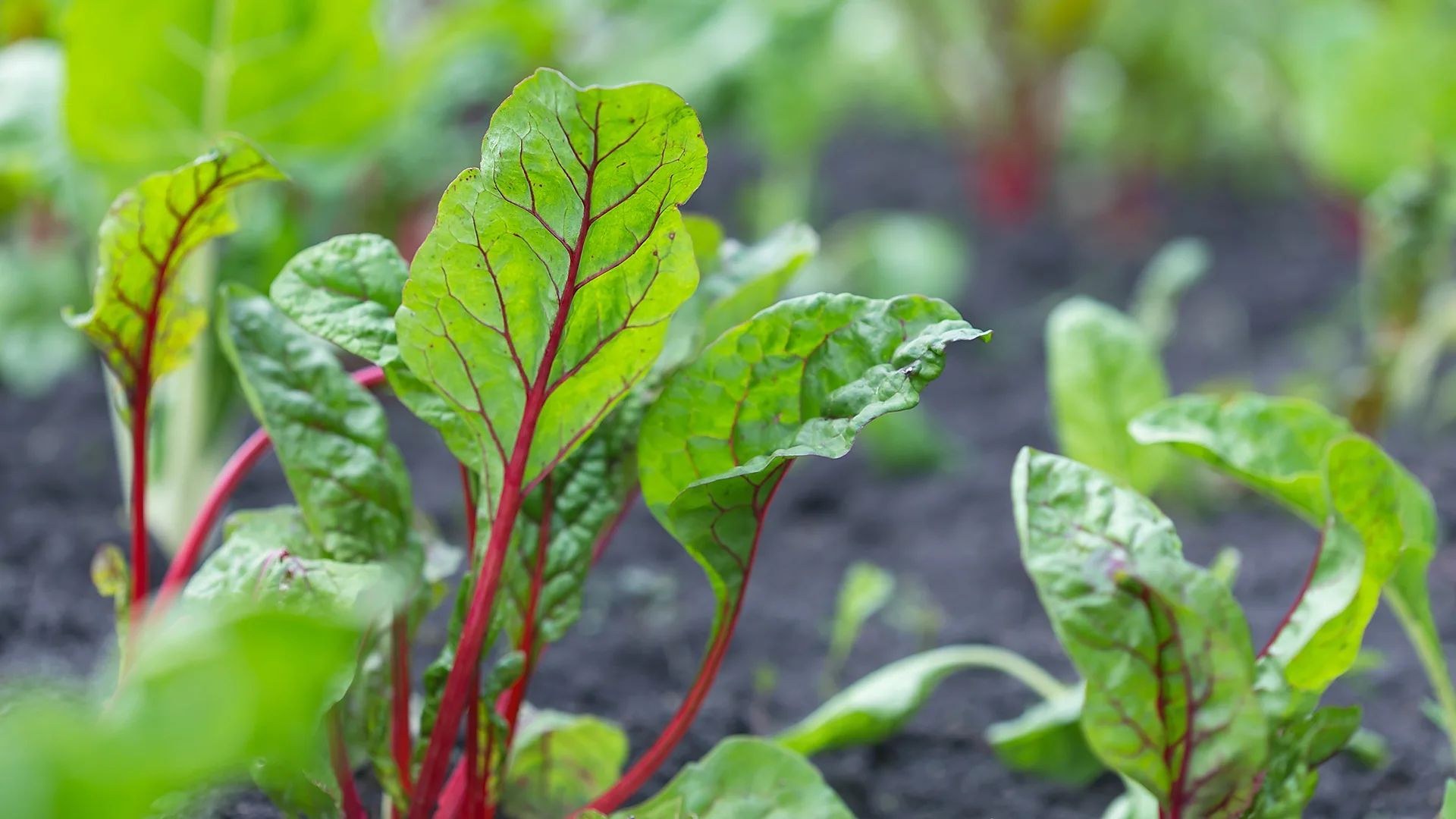‘Hustle Culture’ is hurriedly impacting Black health
Hustle culture has been an essential part of being Black in America. It’s hard not to normalize seeing Black people work multiple jobs to survive, let alone fighting that uphill battle for access to the middle class. The grind might seem like it eventually “pays” dividends, but it has an adverse effect on mental health.
Hustle culture is the idea that to achieve success, one must continuously prioritize work. This is extremely popular among younger generations. Black people are overworked and underpaid, and over time, the hustling pushes for continued burnout and poor health.
Bankrate states that 45% [estimated 70 million people] of working Americans report having a side hustle along with a full-time job. Among millennials, that statistic rises to 50%. Reasons include needing to make extra money to make ends meet, while others plan to use the money for savings or additional disposable income.
In 2019, the World Health Organization chartered workplace burnout as an occupational phenomenon, describing burnout as a “syndrome” conceptualized as resulting from chronic workplace stress that hasn’t been successfully managed.
Research conducted in 2018 by Current Cardiology reported that people who worked more than 50 hours per week had an increased risk of cardiovascular and cerebrovascular disease. It also can cause high blood pressure due to excessive psychological activation and stress.
That is why the viral trend “quiet quitting” or, in theory, “Acting your wage” — doing the essential of what you are paid to do and nothing extra, is what younger workers are doing today to address their mental health concerns. Putting self-care first, declining additional responsibilities outside their pay grade.
Former First Lady Michelle Obama once said that Black people had to “work twice as good to get half as far.” Black people continue to face financial and economic challenges due to the country’s history of systemic racism and discrimination.
The term has transformed as years pass and technology advances. In the passage of Malcolm X’s 1965 autobiography, he wrote that “everyone in Harlem needed some kind of hustle to survive,” or anything that could help the poor Black man make ends meet, whether it be selling drugs or illegal gambling.
People are working longer, taking on more tasks, and accepting multiple jobs that pay low wages, which force individuals to take on side gigs to survive.
Health Implications
Ja’Vonnie Partlow is an Austin-based HR Professional and entrepreneur. Originally from Boston, her journey to becoming a six-figure earner was both a rewarding and challenging one. Growing up in extreme poverty meant that she had to work harder for a comfortable lifestyle. Her efforts led to burnout.
“With hustle culture, I always felt like I wasn’t doing enough with just one stream of income. I would see people making money and having a bunch of businesses, and it became overwhelming. I felt guilt,” she said. “I started venturing into different things, got a second job, traded stocks. It got overwhelming. I told myself that I had to focus less on hustling and more on moving effectively and efficiently.”
She recalled a period during the COVID-19 pandemic when she experienced daily bouts of anxiety working a job that she outgrew professionally but was stuck.
“I remember saying aloud how much I hated what I do. I was a high performer, but I started to avoid doing easy tasks because I was so burnt out. I felt stuck,” Partlow said. “There was hiring freezes everywhere, and I hadn’t tried to learn any new skills. Not only was I stagnant, but I wasn’t qualified doing anything but the job I was doing. I developed insomnia, gained weight, stopped exercising, and didn’t have the tools to get through it.”
Research has shown that increased stress levels lead to reduced professional productivity. Your body is wired to react to stress. When your body faces demand each day, the body treats these minor hassles as threats.
Jessica Jackson, PhD., a Houston-based licensed psychologist, said burnout can lead to far more health complications.
“There is ‘hidden curriculum’ in the workplace for first gen Black students [people]. There is this expectation that we should know how to navigate these spaces when we are the first ones to uplift our families out of financial struggle, she said.
“Feeling hypervigilant, low mood, hypertension, and headaches slowly manifests psychologically too. Your body is in a constant fight, flight, or freeze mode.”
Dr. Bettina M. Beech, a clinical professor of population health at the University of Houston, said that young people should bridge the gap of understanding between how young people cope with mental health challenges versus the older generations.
“Young people are bold with setting boundaries while my generation had to keep pushing through the burnout; however, the world isn’t going to change as quickly as maybe their generation has established. We don’t want young people to lose out on great opportunities that could help them advance in their careers. People will always have to unlearn and relearn,” Beech said. “What is meaningful work for you? What does an excellent quality of life look like? Decide what those are and pursue them.”
Dr. Jackson said experiencing burnout doesn’t need to be dealt with alone.
Get connected with a black therapist. Find someone to help you develop a framework to get you focused and back on track,” she said. “Also, learn to check in with yourself and don’t ignore the signs. It’s mind-body connection. Take a few minutes to breathe and check in with what’s going on with your body. Give yourself compassion.”
Credit Laura Onyeneho (Houston Defender) ‘Hustle Culture’ is hurriedly impacting Black health,
https://www.stlamerican.com/business/hustle-culture-is-hurriedly-impacting-black-health/article_ed1499ae-9f1d-11ed-84c2-b3f11f4e71a8.html
















